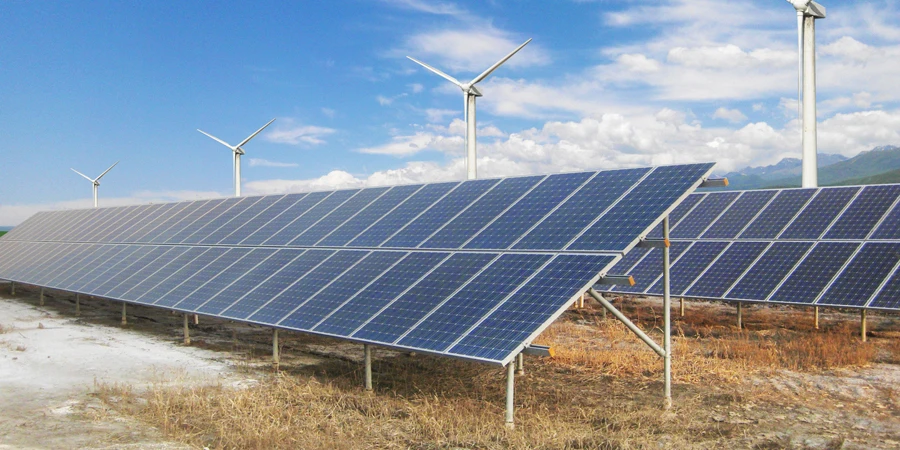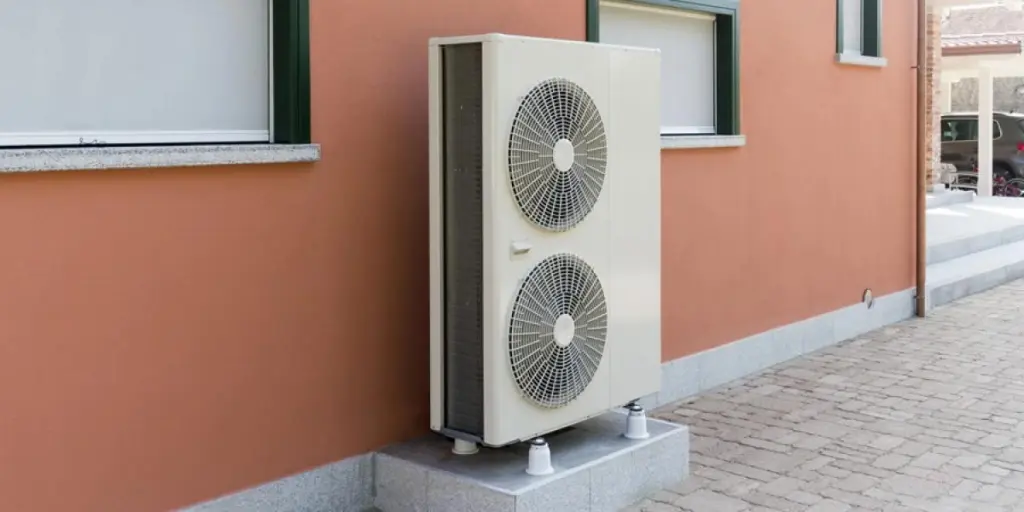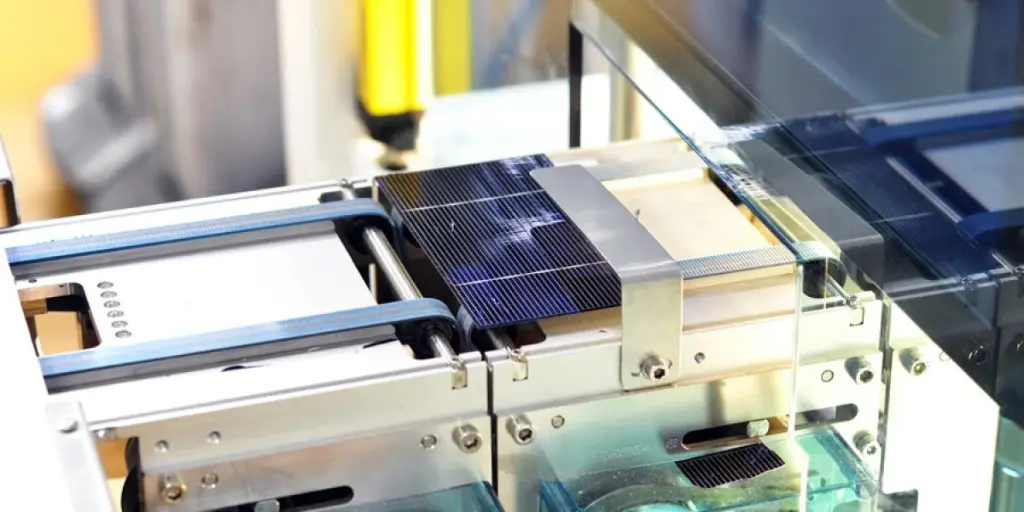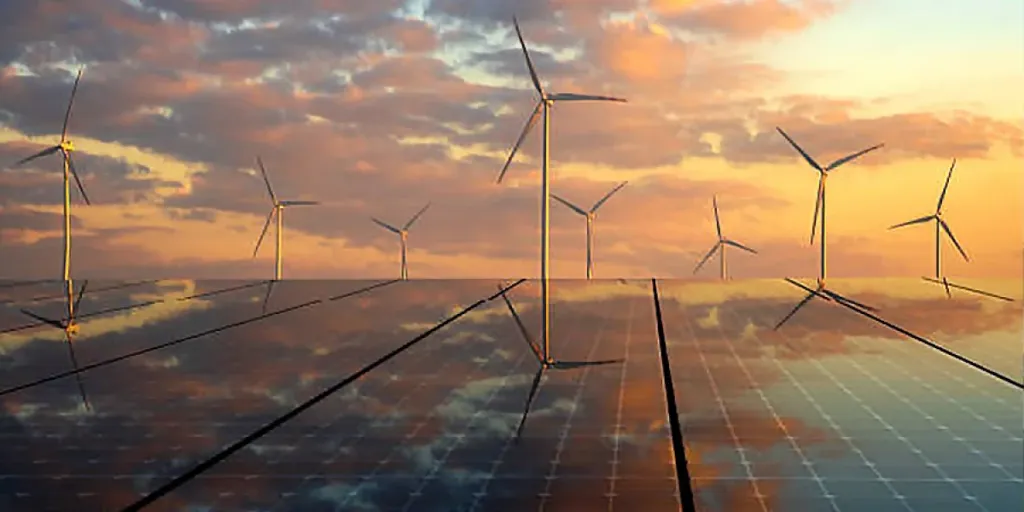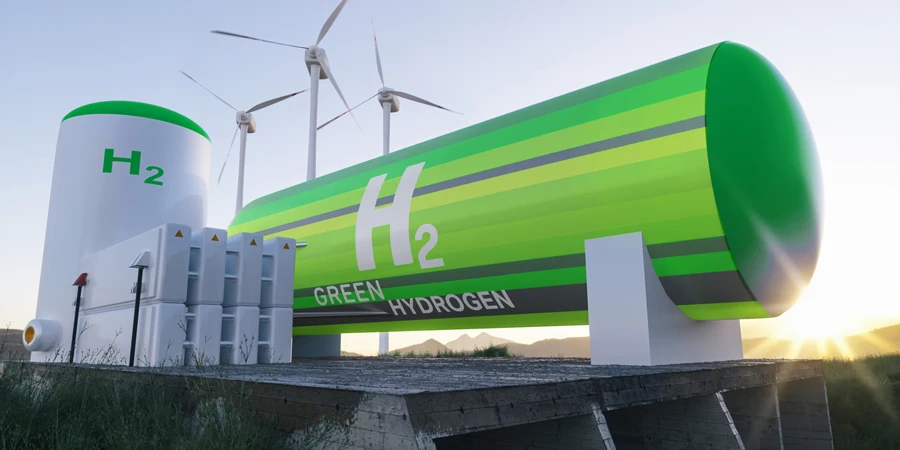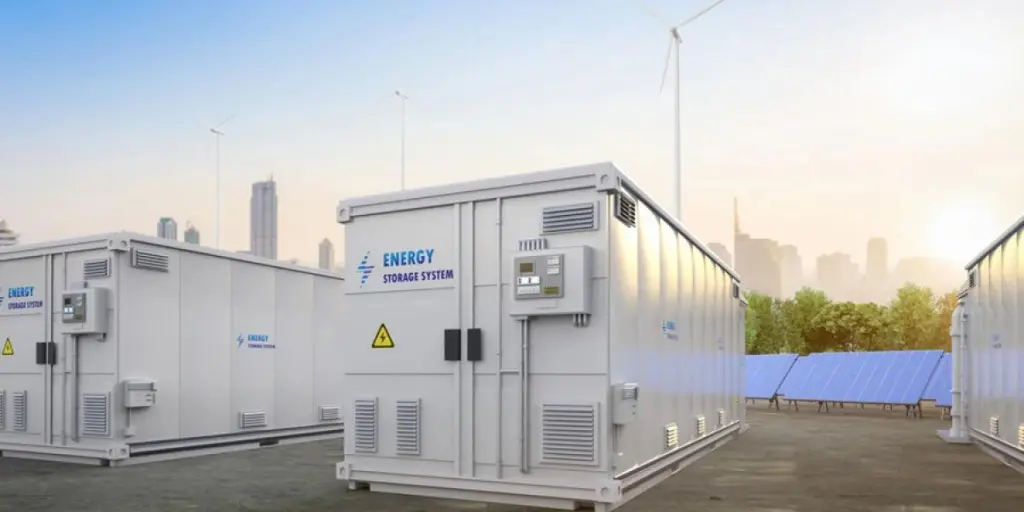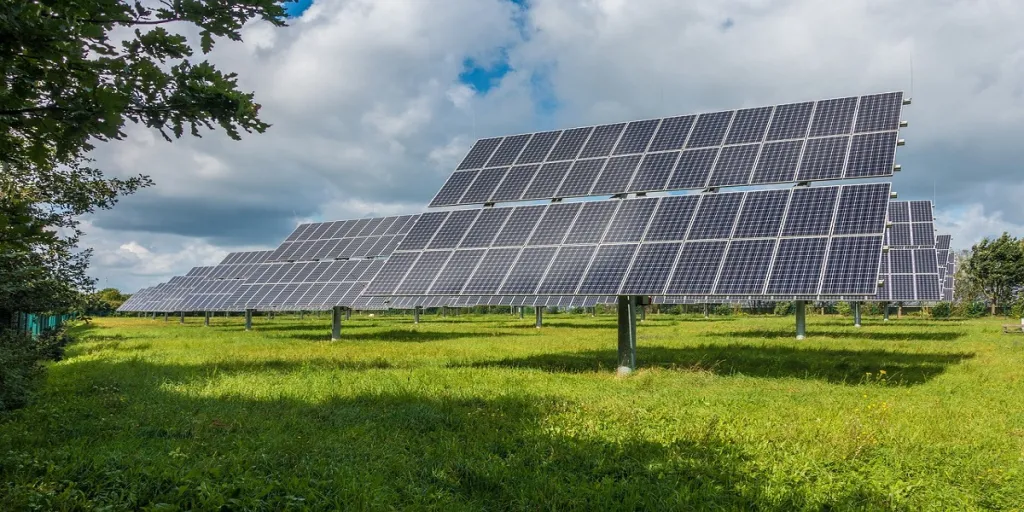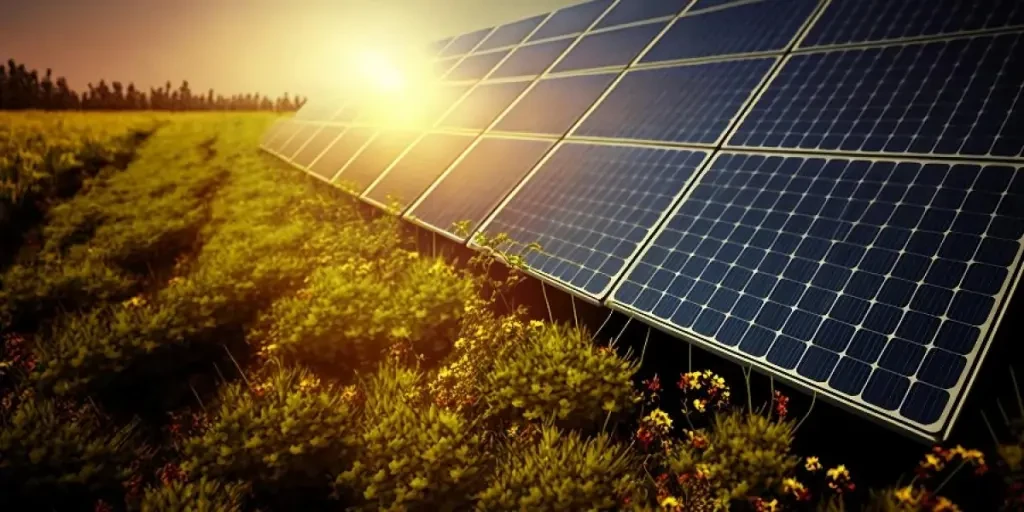- According to Ember, Turkey’s total installed solar PV capacity has grown to a cumulative 12.2 GW
- It includes 510 MW realized through the hybrid power plants as secondary PV capacity
- Analysts recommend the government to ensure transparent capacity allocation process and comprehensive planning
- This should include hybrid power plant installations as well as floating solar power projects
Climate and energy think tank Ember pegs the total operational solar PV capacity of Turkey at over 12 GW, surpassing wind energy, with the addition of 510 MW of secondary PV capacity through hybrid power plants till early 2024.
This is over and above the 11.8 GW solar energy capacity that the country’s Energy Market Regulatory Authority (EMRA) had announced till 2023-end, along with 11.7 GW of wind. However, Ember points out that this does not factor in 510 MW of PV capacity added via hybrid projects. Adding this takes the country’s aggregate solar PV capacity to 12.2 GW, with hybrid solar accounting for 4.2% of the total installed solar capacity.
Wind power installations currently dominate Turkey’s hybrid projects. Ember counts 63% of the secondary solar capacity installed in 14 hybrid plants with wind as the primary source. The remaining 110 MW hybrid solar capacity is located in power plants with other primary sources while 80 MW is installed with hydro projects.
Turkey has made it mandatory for electricity generation from secondary sources to be reported annually by January 10, according to Ember. However, solar generation is still reported from the primary source in official data before November 2023.
“As hybrid solar generation nears the threshold of TWh output, amalgamating its data with that of other sources compromises the precision of past generation data, a concern exacerbated by the increasing hybrid capacity,” state the analysts.
They calculate the expected annual generation from hybrid power plants to have reached 798 GWh, corresponding to 4.2% of total solar energy production of Turkey in 2023.
More hybrid solar capacity is on its way as 1.9 GW of approved hybrid solar capacity was yet to be installed at the end of 2023, representing a project stock equivalent to 16% of all installed solar in Turkey. Of this, 62% was allocated to wind and 13% to hydroelectric power plants.
Ember says 60% of the hybrid solar capacity in the pipeline is concentrated in 10 provinces, including 178 MW in Çanakkale, 138 MW in Manisa, and 122 MW in Balıkesir. Konya, which has the largest project stock at 212 MW, and Kahramanmaraş, which ranked eighth with 82 MW, are among the cities with high solar potential, it adds.
The country is still to announce a floating solar plant as part of a hybrid arrangement despite it having 80 GW floating PV potential. Things may improve in the near future, it said, referring to a bill submitted in January 2024 that calls for floating solar installations on dammed hydro reservoirs.
Ember believes the country can boost the share of solar energy by ensuring a more transparent capacity allocation process and comprehensive planning that includes floating solar power and anticipates hybrid power plant installations.
Turkey’s ambition is to install 53 GW of solar capacity nationally by 2035. Along with hybrid projects, it can achieve the same through rooftop solar, according to an earlier analysis by Ember.
Ember pegs Turkey’s total technical rooftop solar potential at over 120 GW that can help it meet 45% of total electricity consumption. It can also bring down subsidies for residential power with the help of rooftop solar by $3.6 billion.
Source from Taiyang News
Disclaimer: The information set forth above is provided by Taiyang News independently of Alibaba.com. Alibaba.com makes no representation and warranties as to the quality and reliability of the seller and products.
